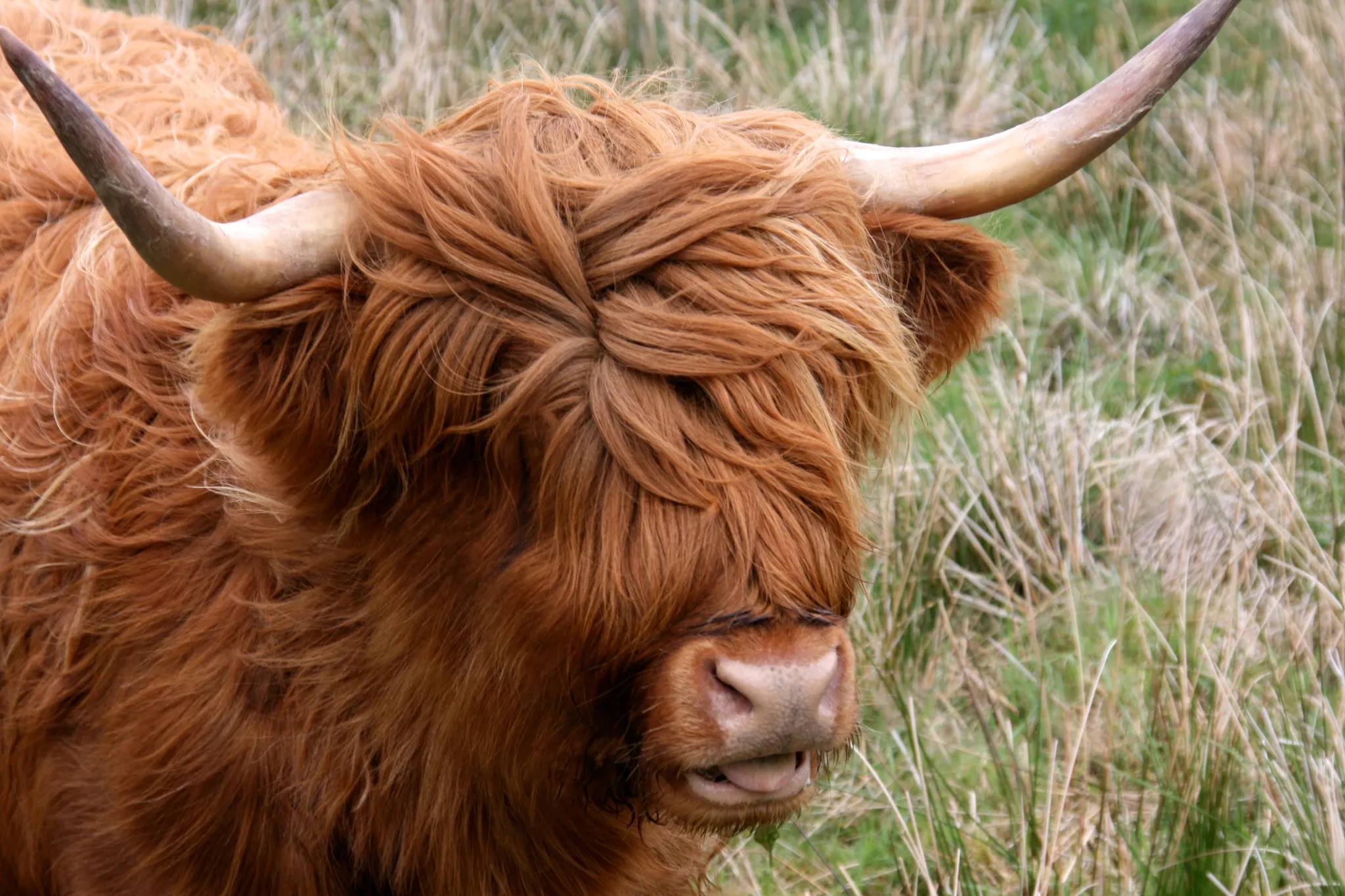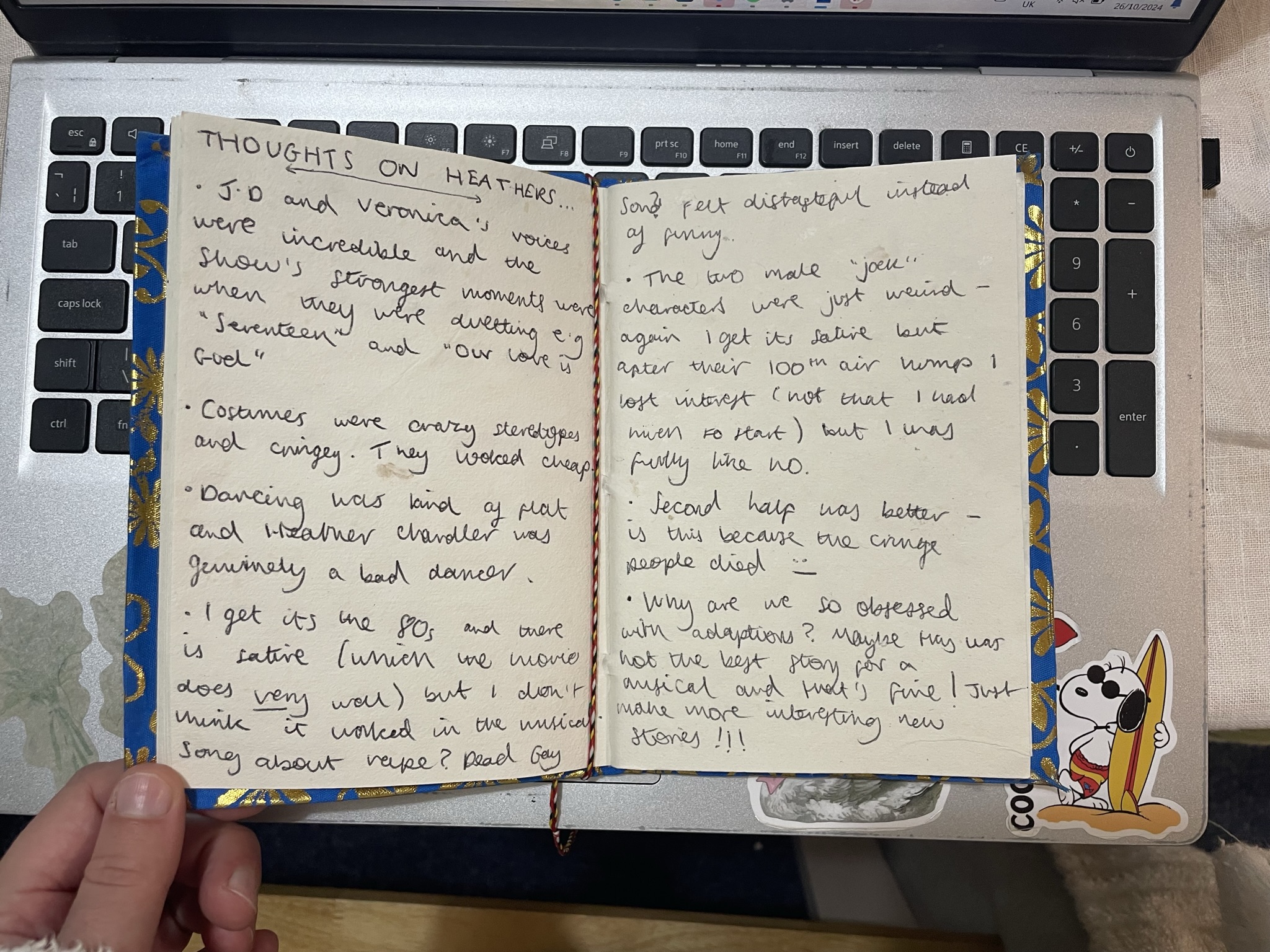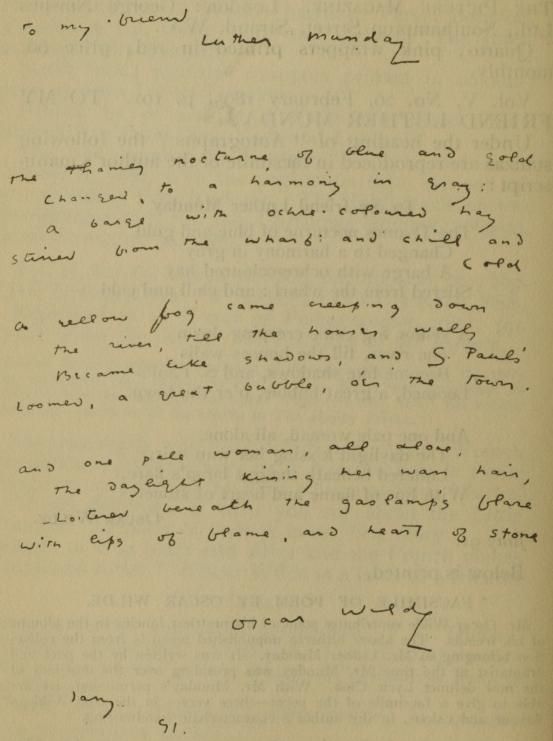
A defence of my nationalism

Scottish identity is usually represented somewhere on an axis between Trainspotting and Braveheart. We’re depicted either as honourable freedom fighters carved from the icy crags of the Highlands, or as made beautifully succinct in Ewan McGregor’s famous monologue, ‘the most miserable, servile, pathetic trash ever shat into civilisation.’ The ‘Scottish Cringe’ is the result of the tumultuous interaction of these two poles. It arises from the general belief that despite our committed nationalism and self-gratifying exceptionalism, we will always be politically, economically, and culturally inferior to the English.
‘We used to build ships’ is the cry. And it’s true, we did. Scotland was the industrial heart of the British Empire throughout the nineteenth century, manufacturing the boats that carried British colonists across the world. The Scottish were considered a martial race, natural fighters, heavy drinkers, not to be messed with. But nevertheless, we remained in the shadow of our southern neighbours and bound to the whim of Westminster. Groundskeeper Willie from The Simpson’s best represents this image of Scotland: overbearing, proud, and incomprehensible, but a minor character left out in the back shed, shackled in permanent servitude to the more relevant.
But luckily for us, by the ‘90s, a new picture of Scotland had emerged: Europe’s biggest shitehole. We washed ourselves of our colonial past, hid behind post-industrial squalor and begged for sympathy. In 2015 Kevin Bridges (the nation’s favourite vehicle of soft power) built a gag into his stand-up special about Glasgow’s simultaneous reputation as Europe’s friendliest city and its knife crime capital.
Self-deprecation became a second official language as we reappropriated our rough and tumble reputation for an era of economic deprivation and endemic drug abuse. Our mindset shifted away from old conflicts to new liberal futures, to a devolved parliament and free Universities; the English were no longer our mortal enemy or our malevolent oppressors, but instead ‘just wankers.’
I had never spoken to an English person until I went to university. To my mostly English cohort, I was an exoticism. I was asked countless times about my stance on independence or about the ‘dangers’ of Glasgow (I immediately pictured the pop-up art spaces and independent cafes of the south side, truly terrifying). My accent was scrutinised and mocked, and I was constantly singled out to explain or represent my country to rooms full of patronising English faces. As a working-class Scot at a reputable University, I was in a world I didn’t belong, and I was reminded of it constantly.
Naturally, I developed a chip on my shoulder. I read widely about the historical injustices my country faced at the hands of the English. I would go on and on about the systemic classism and cultural imperialism that riddles the history of our relationship with our southern neighbours. At times it felt futile or awkwardly forced, but it was also both politically and personally necessary.
All of that effort to legitimise my country in the eyes of my peers, and I was only at Edinburgh University. When moving to Oxford for my graduate studies, I expected to see that same look of peculiarity in the eyes of my peers, expected to come under those same inquisitions, and carry the weight of my country in the eternal battle against our oldest adversary. But I was ready for them this time. I’d learned their tricks, their opinions, and their expectations, and I was going to have my own back. But, in a bitter twist of irony parallel to my country’s history, I was let down.
The hardened patriotism and obliquely ironic nationalism I’d developed as a defence mechanism in Edinburgh elicited horror in the faces of those who’d made the simple mistake of asking where I’m from. Initially I put this down to the current political toxicity of nationalism; it’s unsurprisingly difficult to justify flag waving and anthem singing to a room filled with Germans and Americans in 2025. But several awkward conversations and polite backtrackings later, I came to another conclusion: no one actually cares about Scotland.
Now this revelation offended me from both sides of the traditional identity axis. The William Wallace in me raged at the belittlement of our proud nation, and the Mark Renton in me begged for recognition of our collective plight. But as the ancient proverb goes, facts do not care about my feelings—and the facts were stacking up. My further insistence of the historical importance of Scots, from inventing penicillin to illegally invading Iraq (we’re a bit less proud of that guy), did nothing to combat the vacant stares. After all, most outside the UK only know us as that football team that always get battered at the Euros.
Conceding this position led me to the uncomfortable realisation that the arrogant assumption of my country’s obvious relevance may be rooted in the same lingering post-colonial self-importance that is fostering the rise of populist nationalism across Europe. That idolising the nation is the first step toward ethno-supremacy. Or, perhaps, nationalism itself is a farcical appropriation of libido toward the valorisation of state power. By reconstructing the oedipal family psyche on the ideological level, justifying the violent reification of ancient hierarchies through blood ties to land, is nationalism an inherent pathway to fascism?
I hope not, because no amount of post-structuralist analysis was able to squash my heart. Right at the moment when I was about to cast my nationalism into the fire, to be done with it, aligning my beliefs with my intellectual conclusions, a strange apparition visited me. Through a hazy dream mist, a blonde boy with a middle part, a pristine Ralph Lauren gilet, and a flowery home counties accent called me a Jock. And that settled it.
My nationalism is not the same jingoistic nativism ravaging Europe at the moment. Neither does it match the cool professional propaganda of Britain in the 2000s, or even the roided-up chauvinism of the contemporary United States. Like the citizens of these countries, I am stained with my nationalism, condemned to it. But unlike their nationalisms, mine isn’t built on exclusion or exceptionalism. It harbours at its deepest point class analysis, consciousness of the history of subjugation and repression faced by the Scottish people. After all, looking back on centuries of embarrassment, it would be hard to argue from a position of Scottish supremacy.
My nationalism cannot be found in Trainspotting or Braveheart because it cuts across both these pictures of Scotland. And so perhaps another example might be more revealing. John McGrath’s 1973 play The Cheviot, the Stag and the Black Black Oil winds together the history of the Highland Clearances with the history of the development of the Scottish working class, tying the industrial leftist solidarity of nineteenth and twentieth century Scotland to the history of dispossession and removal of the centuries earlier. Performed prolifically by the socialist 7:84 theatre group (whose name a reference to the statistics of unequal wealth distribution in the UK), the play has become a classic of Scottish theatre. It’s even an examinable text in the Scottish literature curriculum.
But Cheviot’s irreverent tone also pantomimes our history. And it is in this that it becomes a reversal of the Scottish Cringe. It is unashamedly political. It throws the history in your face, not to shame the past or to point blame for all of Scotland’s woes, but to wind a tapestry of Scottish culture with such a frankness toward historical fact that necessitates its flippant tone. It’s E.P. Thompson’s Making of the English Working Class with breaks for singsong and ethnic cleansing. It’s the artistic voice of a people who were realising for the first time that they had one.
My nationalism is the nationalism of Cheviot. It’s a stalwart defence of the Scottish attitude, a celebration of our specific cultural perception and way of thinking. And I think it’s an important celebration. Being proud of your nation, whatever it is, just isn’t cool right now. Even the Irish, whose nationalism has been a symbol of anti-colonial solidarity for a hundred years, are having to push back against red-faced nativists appropriating the tricolour. The spineless ideological nationalism of the SNP too is easy to bend to whims of reactionaries like Kate Forbes. My nationalism makes no such compromises.
It rarely ends well for Scottish protagonists in our stories. William Wallace is torn limb from limb, Mark Renton betrays and swindles his closest friends, and Cheviot ends with Aberdonian riggers imploring the audience to end the exploitation of Scotland. I never said my nationalism was cheery, but it is useful as a counterpoint to those other nationalisms that are eating away at our society. It shows them what nationalism can be—a cultural disposition to care.
I don’t know what the future of the UK holds, whether Scotland will govern itself or not, or whether nativist nationalism will take over Europe. All I can do is hope that the Scottish identity that exists on the streets, in the hearts and minds and souls of millions of good socialists, in the cold of Edinburgh winters and across the sea battered isles, will last longer than the ideologies of destruction encircling Europe’s parliaments. If it does, maybe it can help form the basis for a new kind of national imagining: a community not tied together by blood or soil, but by an innate cultural solidarity between all people.∎
Words by Cameron Bilsland. Image courtesy Mike Peel via Wikimedia Commons.







